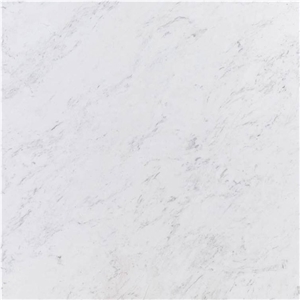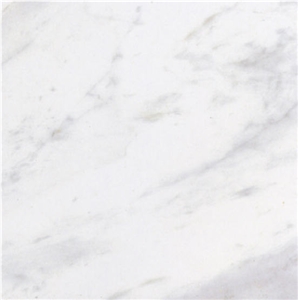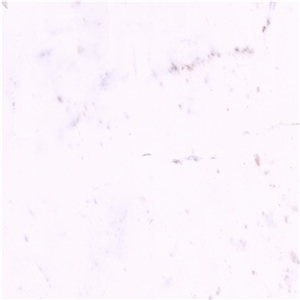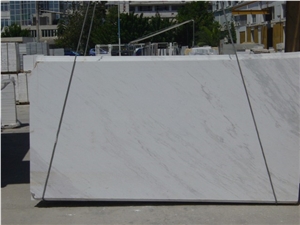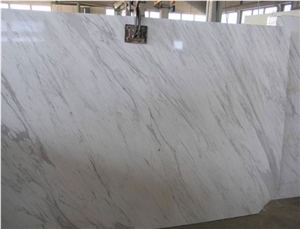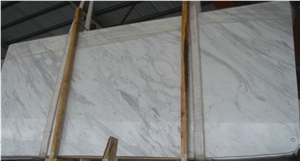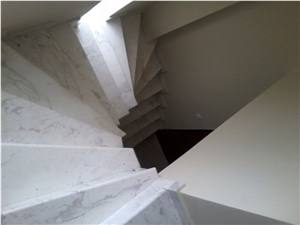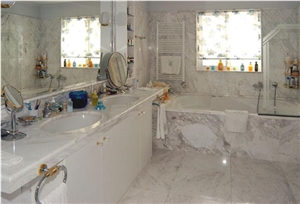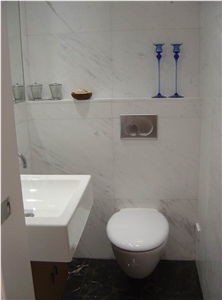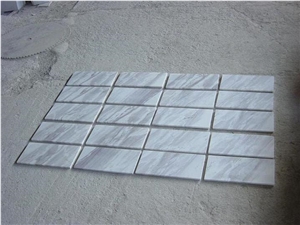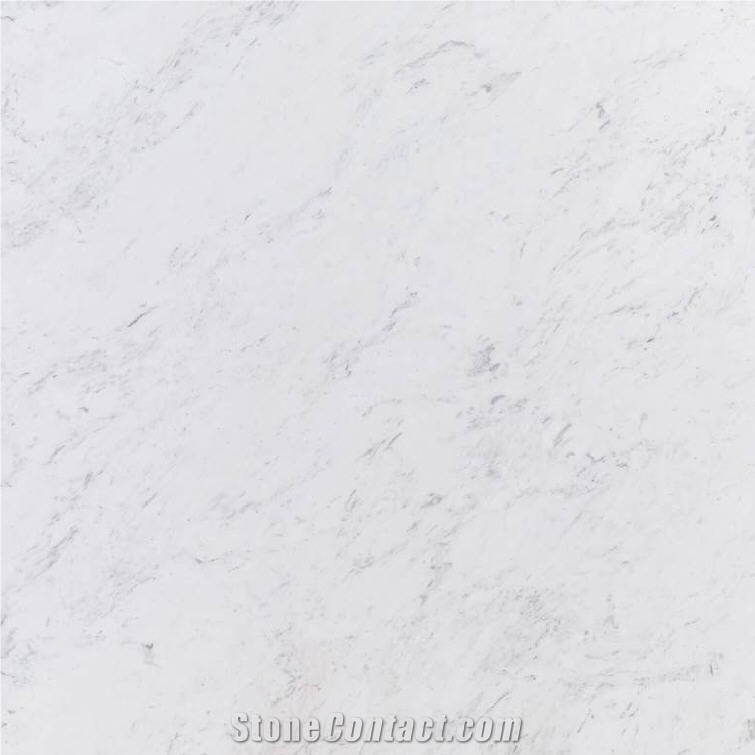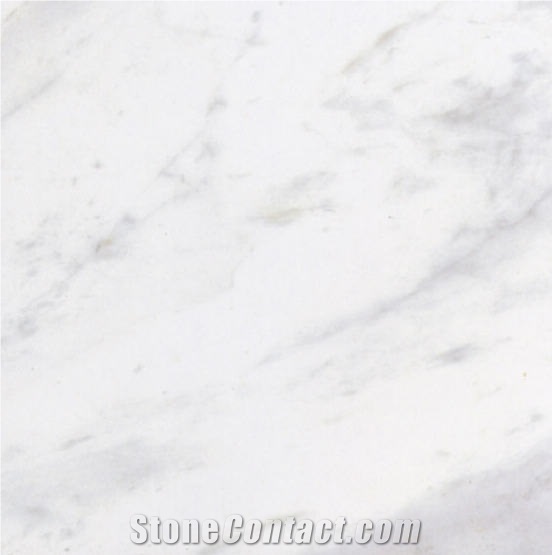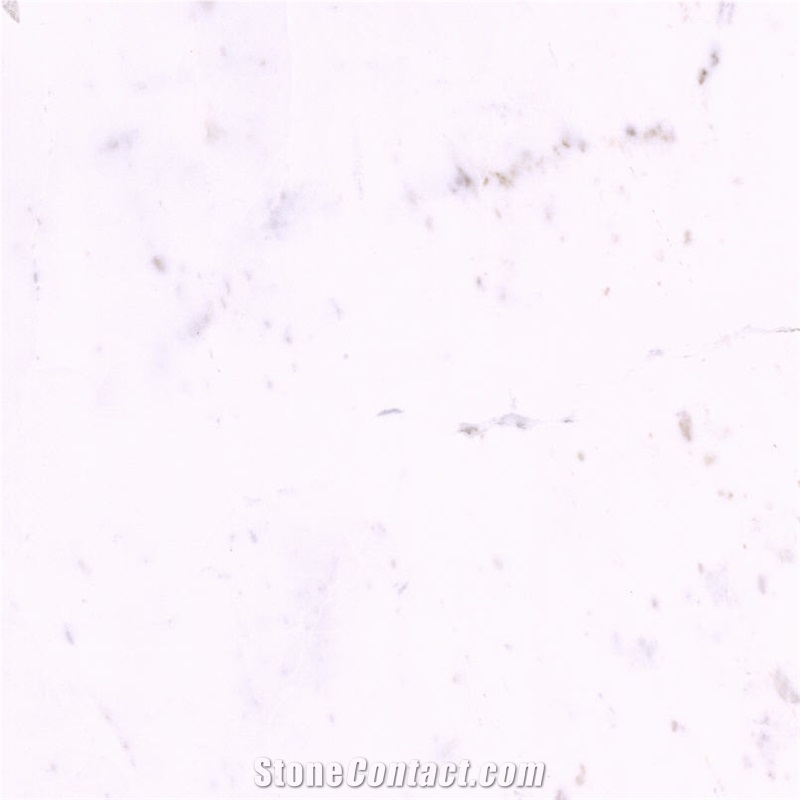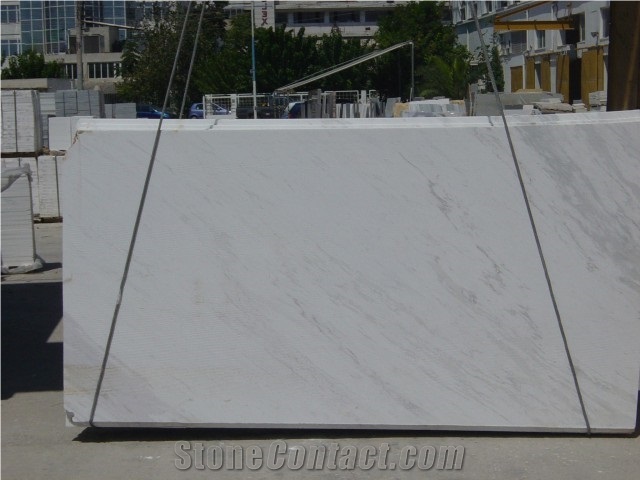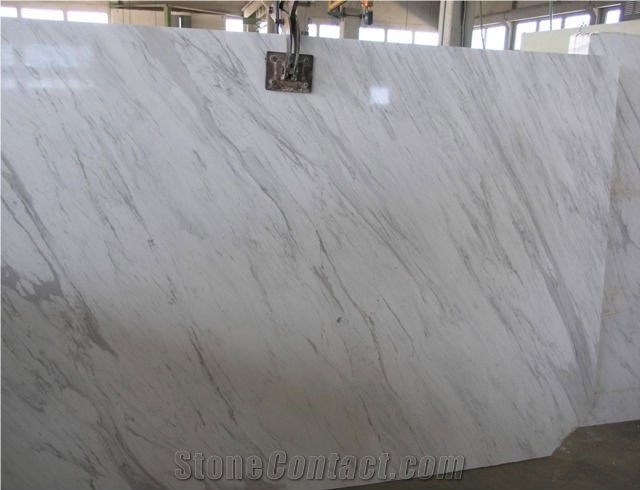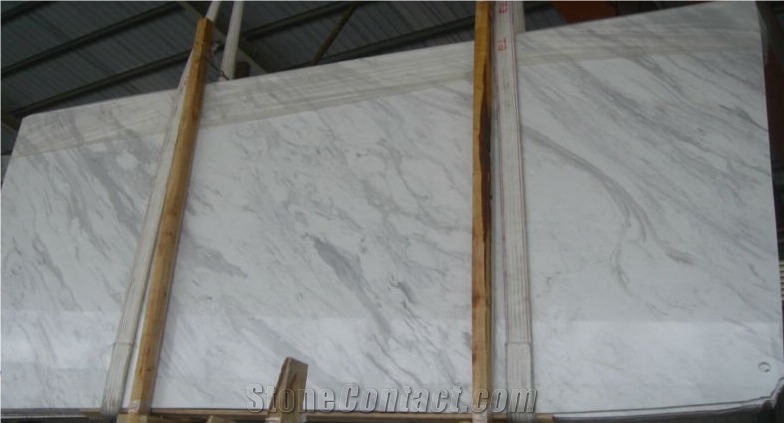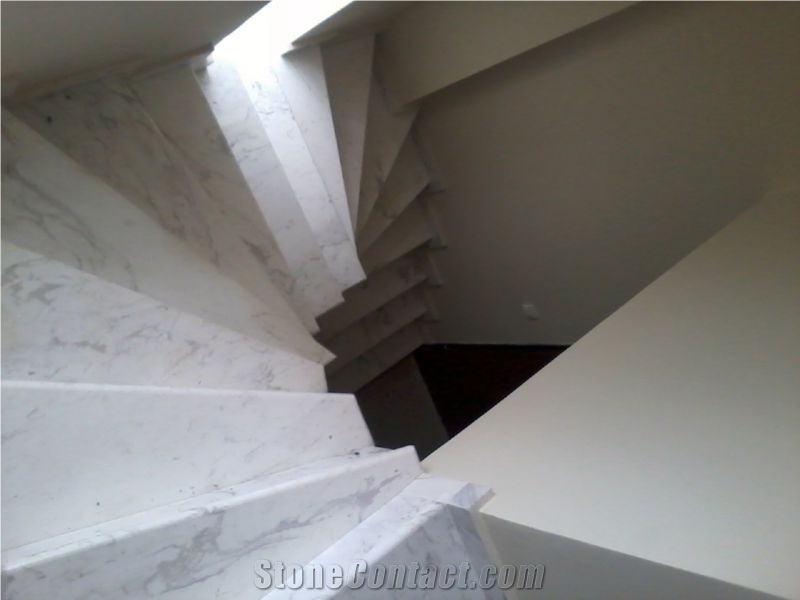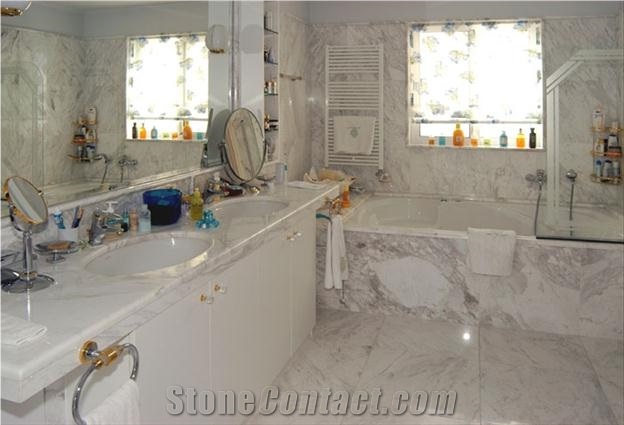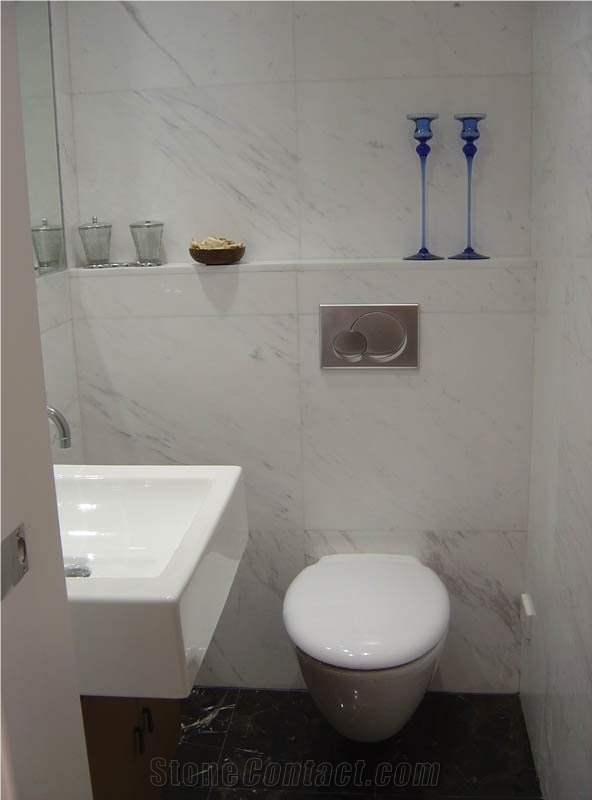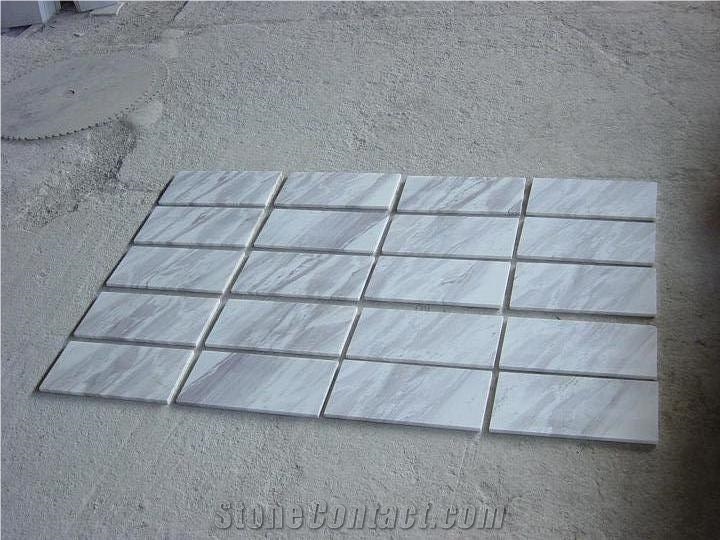Volakas Imperial Marble
 Greece
(Livaderon, Xiropotamos, Drama, East Makedonia, North-East of Greece)
Greece
(Livaderon, Xiropotamos, Drama, East Makedonia, North-East of Greece)
APPARENT SPECIFIC DENSITY, kg/m3 (DIN 52102) 2825
OPEN POROSITY COEFFICIENT, % vol (DIN 52102) 0,54
WATER ABSORPTION COEFFICIENT, % wt (DIN 52103) 0,19
DYNAMIC MODULUS OF ELASTICITY, GPa (DIN 1048 Teil 5) 35
COMPRESSIVE STRENGTH, MPa (DIN 52105) 139
FLEXURAL STRENGTH, MPa (DIN 52112) 10
COMPRESSIVE STRENGTH AFTER FREEZE/THAW CYCLES, MPa (DIN 52104 & 52105) 103
ABRASION RESISTANCE, mm (DIN 52108) 2,20
IMPACT STRENGTH, cm (UNI-U 32.07.248.0) 59
MINERALOGICAL COMPOSITION, % wt
CALCITE 8,00
DOLOMITE 92,00
CHEMICAL ANALYSIS, % wt
CaO 32 MgO 19,60 SiO2 0,20
Fe2O3 <0,05 AI2O3 <0,05 K2O <0,01
Na2O 0,01 MnO <0,01 LOI 46,90

Is it advisable to use Volakas Imperial Marble for the kitchen countertop?

Which marble surface treatment provides a non-slippery surface?

What are the disadvantages of Volakas Imperial Marble?

Can Greece's Volakas Imperial Marble be used in a dining room?

How thick is Greece's Volakas Imperial Marble slabs?

How do you prevent water stains on Volakas Imperial Marble?

Are there color variations of Greece's Volakas Imperial Marble?

What is the coefficient of friction of Leathered Greece's Volakas Imperial Marble tiles?

Can you put hot pans on Volakas Imperial Marble?

How can I make my white marble shine naturally?

What is the physical properties of Volakas Imperial Marble?

Can Greece's Volakas Imperial Marble be used exterior applications in cold climates?

What is the chemical composition of Volakas Imperial Marble?

Is Greece's Volakas Imperial Marble an expensive stone?

Can Greece's Volakas Imperial Marble be used in landscaping?

What grade is Greece's Volakas Imperial Marble?
-

XIAMEN REFINESTONE INDUSTRIAL CO.,LTD.
 China
China
 14YRDiamond members are premium members on platform, providing members with comprehensive approach to promoting their products, increasing products exposure and investment return to maximize.
14YRDiamond members are premium members on platform, providing members with comprehensive approach to promoting their products, increasing products exposure and investment return to maximize.
 Verified Supplier is for prove company authenticity,including business license,trade license and effective office space,to enhance buyers' trust to suppliers and their products, reducing communication costs.
Verified Supplier is for prove company authenticity,including business license,trade license and effective office space,to enhance buyers' trust to suppliers and their products, reducing communication costs.
Contact Supplier
-

-

-

XIAMEN TOP STARS STONE COMPANY LIMITED
 China
China
 10YRDiamond members are premium members on platform, providing members with comprehensive approach to promoting their products, increasing products exposure and investment return to maximize.
10YRDiamond members are premium members on platform, providing members with comprehensive approach to promoting their products, increasing products exposure and investment return to maximize.
 Verified Supplier is for prove company authenticity,including business license,trade license and effective office space,to enhance buyers' trust to suppliers and their products, reducing communication costs.
Verified Supplier is for prove company authenticity,including business license,trade license and effective office space,to enhance buyers' trust to suppliers and their products, reducing communication costs.
Contact Supplier
-

Xiamen Global Stone Imp. & Exp. Co.,Ltd.
 China
China
 5YRDiamond members are premium members on platform, providing members with comprehensive approach to promoting their products, increasing products exposure and investment return to maximize.
5YRDiamond members are premium members on platform, providing members with comprehensive approach to promoting their products, increasing products exposure and investment return to maximize.
 Verified Supplier is for prove company authenticity,including business license,trade license and effective office space,to enhance buyers' trust to suppliers and their products, reducing communication costs.
Verified Supplier is for prove company authenticity,including business license,trade license and effective office space,to enhance buyers' trust to suppliers and their products, reducing communication costs.
Contact Supplier
-

-

 China
China
 13YRDiamond members are premium members on platform, providing members with comprehensive approach to promoting their products, increasing products exposure and investment return to maximize.
13YRDiamond members are premium members on platform, providing members with comprehensive approach to promoting their products, increasing products exposure and investment return to maximize.
 Verified Supplier is for prove company authenticity,including business license,trade license and effective office space,to enhance buyers' trust to suppliers and their products, reducing communication costs.
Verified Supplier is for prove company authenticity,including business license,trade license and effective office space,to enhance buyers' trust to suppliers and their products, reducing communication costs.
Contact Supplier
-

QUANZHOU LINLEI IMP. & EXP.TRADING CO.,LTD.
 China
China
 6YRDiamond members are premium members on platform, providing members with comprehensive approach to promoting their products, increasing products exposure and investment return to maximize.
6YRDiamond members are premium members on platform, providing members with comprehensive approach to promoting their products, increasing products exposure and investment return to maximize.
 Verified Supplier is for prove company authenticity,including business license,trade license and effective office space,to enhance buyers' trust to suppliers and their products, reducing communication costs.
Verified Supplier is for prove company authenticity,including business license,trade license and effective office space,to enhance buyers' trust to suppliers and their products, reducing communication costs.
Contact Supplier
-

Shenzhen Fenghua Industry Co.,Ltd.
 China
China
 3YRDiamond members are premium members on platform, providing members with comprehensive approach to promoting their products, increasing products exposure and investment return to maximize.
3YRDiamond members are premium members on platform, providing members with comprehensive approach to promoting their products, increasing products exposure and investment return to maximize.
 Verified Supplier is for prove company authenticity,including business license,trade license and effective office space,to enhance buyers' trust to suppliers and their products, reducing communication costs.
Verified Supplier is for prove company authenticity,including business license,trade license and effective office space,to enhance buyers' trust to suppliers and their products, reducing communication costs.
Contact Supplier
-

XIAMEN DAWEI IMPORT & EXPORT CO.,LTD.
 China
China
 11YRDiamond members are premium members on platform, providing members with comprehensive approach to promoting their products, increasing products exposure and investment return to maximize.
11YRDiamond members are premium members on platform, providing members with comprehensive approach to promoting their products, increasing products exposure and investment return to maximize.
 Verified Supplier is for prove company authenticity,including business license,trade license and effective office space,to enhance buyers' trust to suppliers and their products, reducing communication costs.
Verified Supplier is for prove company authenticity,including business license,trade license and effective office space,to enhance buyers' trust to suppliers and their products, reducing communication costs.
Contact Supplier
The request includes: 1. surface finished, size 2. quantity required






